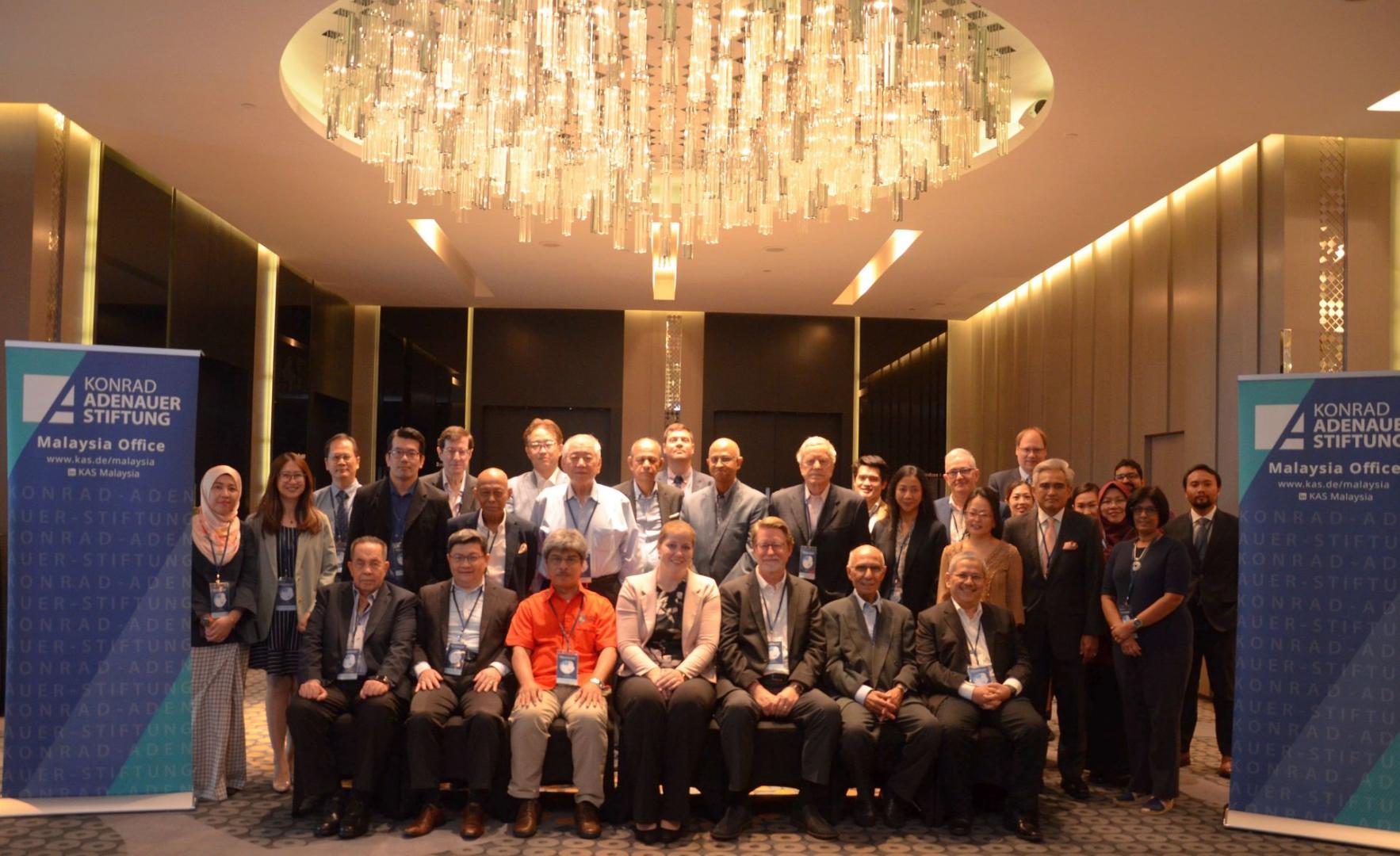Specialist conference
Details
The regional order in an area alternatively define as Asia-Pacific or Indo-Pacific is entering an era of acute disequilibrium with Cold War characteristics. The geo-political rivalry between the United States and China is in a dangerous downward spiral accelerated recently by the Taiwan dispute and the spill over from the Russia-Ukraine war.
In addition to new pressures on other countries large and small to position themselves in this polarizing conflict, there are new challenges of inflation, supply chain disruptions, high-tech decoupling, thickening borders, and increasing nationalism.
In response, almost every country in the region is practicing some form of hedging, maintaining connections with both the United States and China. Southeast Asia is significant because of the various forms of non-alignment and multi-alignment of nations caught in the cross-fire of great power conflict—an amalgam of simultaneous neutrality, limited bandwagoning and indirect balancing.
Existing regional multilateral institutions like APEC and those hosted by ASEAN promoting open regionalism, cooperation across ideological and political divides have been joined by a fast proliferating set of mini-lateral arrangements such as the Quadrilateral Security Dialogue (the Quad) and AUKUS intended to strengthen coalitions of the like-minded that strengthen the US-based alliance system.
The regional institutional noodle bowl is thickening but the noodles are made of very different ingredients—rice, wheat and potato that don’t necessarily complement one another. While there are temporary ad hoc coalitions designed to address a particular problem, the issue we now confront is what kind of institutions can mitigate the geo-political competition between the United States and China.
All of these developments call for a reassessment of what kind of regional order is developing and what countries other than the United States and China prefer and can contribute.
Aim
There have been many efforts in the past decade to define Middle Powers based on functional, positional, behavioural, and attitudinal dimensions. They need not be duplicated. But they do need to be redefined in light of a new strategic context of great power rivalry and economic interdependence.
Rather than re-visit these debates, our aim is to bring together a group of academics who are familiar with policy developments in their own countries and who are particularly interested in institutional architecture and the future of multilateral institutions designed to advance inclusive cooperation intended to mitigate great power conflict, especially in the areas of security and economy.
The countries are Australia, Canada, Germany, Indonesia, Japan, Malaysia, New Zealand, Singapore, South Korea and Thailand as well as ASEAN as an institution. Each is an interesting exemplar of a country that has been committed to or, at least explored, an explicitly Middle Power role. They vary in the level of economic and military dependence on the US, and how far they feel comfortably supporting the US as an automatic reflex as compared to on an issue-by-issue basis. However, all seek to maintain deep economic interactions with China while promoting international norms connected to a rule-based multilateralism.
The workshop intends to bring more clarity in understanding state behavior and the hard choices that governments face in positioning in this new environment. It also will aim to be prescriptive.
This workshop is made possible with the collaboration of the University of British Columbia (UBC), Institute of Malaysian and International Studies (IKMAS), East Asian International Relations (EAIR) Caucus, and Bait Al Amanah.
Programm 23-07-12 Middle power agency in an Indo-Pacific era download



